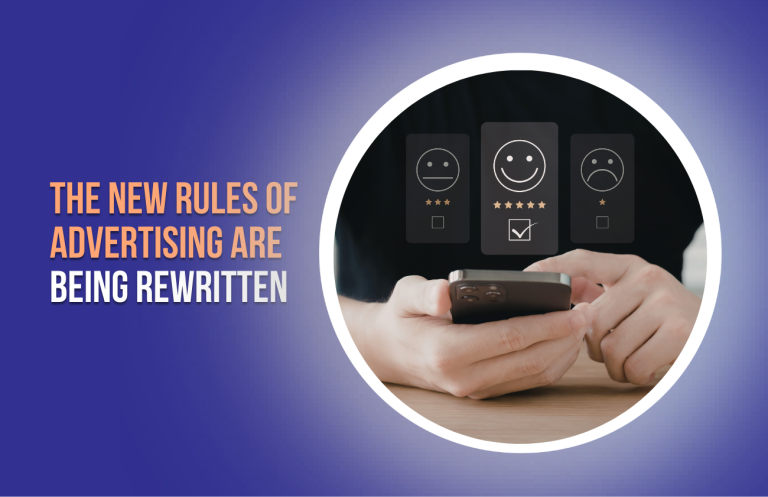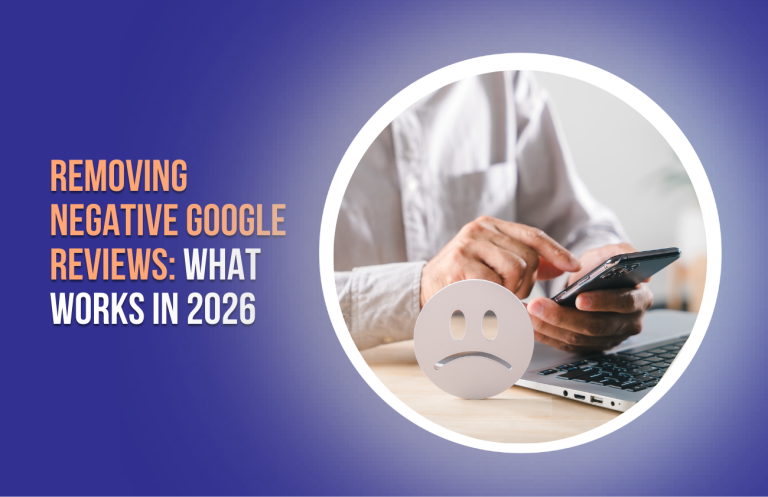Guest feedback is everywhere. Travelers rely on online reviews to choose their next stay, and hotels depend on them to attract bookings. Whether you own a boutique inn or manage a large hotel chain, knowing where guests share their opinions helps you stay ahead.
This guide covers the most popular hotel review platforms in the US. Learn how each works, why they matter, and how to use them to strengthen your reputation.
Why Hotel Review Platforms Matter for Hotels
Travelers trust reviews. Before booking, they check what past guests say about cleanliness, service, and overall experience. A strong presence on review platforms helps hotels build credibility and attract more bookings.
Reviews also provide insights. They reveal what’s working and what needs improvement. A pattern of complaints about slow service? Time to fix it. Constant praise for a welcoming experience? Keep it up.
More reviews also mean better search rankings. Google and other platforms favor businesses with active customer feedback.
Top Review Platforms for Hotels
-
Google Reviews
- Integrated with Google Search and Maps.
- High visibility for potential guests.
- Direct impact on local SEO rankings.
- Approximately 72% of hotel bookings occur within 48 hours following a Google search.
- Google favors businesses with more frequent and recent reviews, improving search rankings.
Google Reviews is the first place many travelers check. Since reviews appear directly in search results, having a strong Google presence helps hotels get noticed. Encourage guests to leave reviews by sending follow-up emails or including a QR code on check-out materials.
-
TripAdvisor – The Most Influential Hotel Review Platform
- One of the largest travel review platforms.
- Millions of monthly visitors looking for hotels.
- Offers review management tools for businesses.
- Around 81% of travelers frequently or always read reviews before booking accommodations.
- TripAdvisor hosts approximately 1 billion reviews and opinions on roughly 8 million establishments.
TripAdvisor is a key player in hotel reviews. The platform allows travelers to leave detailed feedback and rate hotels on cleanliness, service, and location. A high rating here can drive significant bookings. Responding to reviews shows that management values guest feedback, which boosts credibility.
-
Yelp
- Popular for hotels, restaurants, and local businesses.
- Features user-generated photos and detailed reviews.
- Businesses can claim their profile and respond to reviews.
- Yelp has accumulated approximately 287 million reviews across various businesses, including hotels.
- A Harvard Business School study found that a one-star increase in a Yelp rating can lead to a 5-9% increase in a business’s revenue.
Yelp is known for its detailed user reviews. While it started with restaurants, it has become an essential platform for hotels as well. Hotels with strong Yelp ratings tend to attract more guests, especially among travelers who prioritize customer service.
-
Booking.com
- Trusted by travelers booking accommodations online.
- Reviews from verified guests only.
- High traffic and strong influence on bookings.
- Booking.com accounts for 39% of all online hotel reviews worldwide.
- Verified reviews ensure authenticity, as only guests who have completed their stay can post feedback.
Booking.com’s review system is unique because only guests who have stayed at a property can leave reviews. This prevents fake feedback and makes the reviews more reliable. Since many travelers use Booking.com for reservations, having strong reviews here can directly impact bookings.
-
Expedia & Hotels.com
- Owned by Expedia Group, influencing multiple travel websites.
- Reviews from verified bookings only.
- Rewards program attracts repeat customers.
- Expedia Group, which owns both Expedia and Hotels.com, holds over 10% of the global online hotel review market share.
- These platforms feature reviews exclusively from verified guests, ensuring reliability and trustworthiness.
Expedia and Hotels.com host millions of verified reviews. Because these platforms require a completed stay before allowing reviews, they offer a trustworthy source of guest feedback. Hotels listed on these sites should encourage happy guests to leave reviews to maintain a competitive edge.
How to Manage Reviews Effectively
Getting reviews is only part of the equation. How hotels respond to them makes a difference. Here are key strategies to handle online reviews:
-
Respond to All Reviews
Guests appreciate it when hotels acknowledge their feedback. A simple “Thank you for your review” can go a long way (though we really encourage a response that is richer in content so that you can further tell your story and paint a picture of what an experience at your hotel would include). For negative reviews, stay professional. Acknowledge concerns and show a willingness to improve. Avoid generic responses—make them personal.
-
Encourage More Reviews
More reviews help balance out occasional negative ones. Here’s how to get more guests to share their experiences:
- Send follow-up emails after check-out.
- Display QR codes linking to review pages at the front desk.
- Train staff to remind guests to leave a review.
-
Monitor Reviews Regularly
Checking review platforms frequently helps hotels catch issues before they escalate. Set up Google Alerts or use a reputation management service like The Reputation Lab to track new reviews across platforms.
-
Highlight Positive Reviews
Showcase great reviews on social media, email newsletters, and the hotel’s website. Potential guests trust real guest feedback more than advertisements.
-
Learn from Feedback
Patterns in reviews can reveal areas that need improvement. Multiple complaints about slow check-in? Streamline the process. Guests love the rooftop bar? Promote it more.
Take Control of Your Hotel’s Reputation
Your hotel’s online presence depends on reviews. Travelers rely on platforms like Google, TripAdvisor, and Booking.com to make decisions. Managing feedback strategically helps hotels build trust, attract bookings, and improve guest experiences.
By staying active on review platforms and responding thoughtfully, hotels can turn feedback into a valuable marketing tool.
If you are interested in learning how a reputation management strategy can benefit your business, we invite you to email us via our secure contact form to set up a no-pressure consultation or call us at 855-979-6800.




